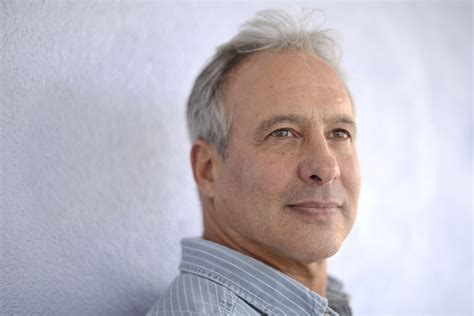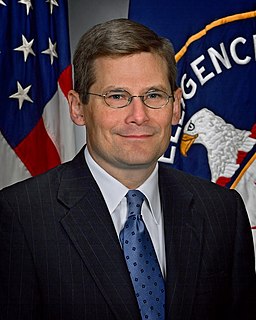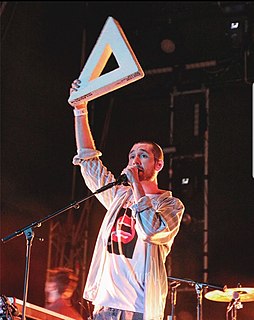A Quote by John Niven
When you are a novelist, you are used to making a narrative do what you want.
Related Quotes
I think of myself as a narrative artist. I don't think of myself as a novelist or screenwriter or playwright. All of those modalities of processing and experiencing narrative are obviously very different, and I'm not sure that I prefer any one to the other. I think the novel gives you the opportunity to have a kind of interiority that you can't have in the theater, which is pure exteriority.
In terms of style, I think the memoirist should have a novelist's skill and all the elements of a novelist's toolbox. When I read a memoir, I want to really, deeply experience what the author experienced. I want to see the characters and hear the way they speak and understand how they think. And so in that way, writing a memoir feels similar to writing a novel.
Ideally, writers and narrative designers should be included much earlier in the process, where they can be of most benefit. However, although the industry is slowly getting used to fitting narrative professionals into games development, we're still going through a bit of a 'square-peg in a round hole' phase.


































